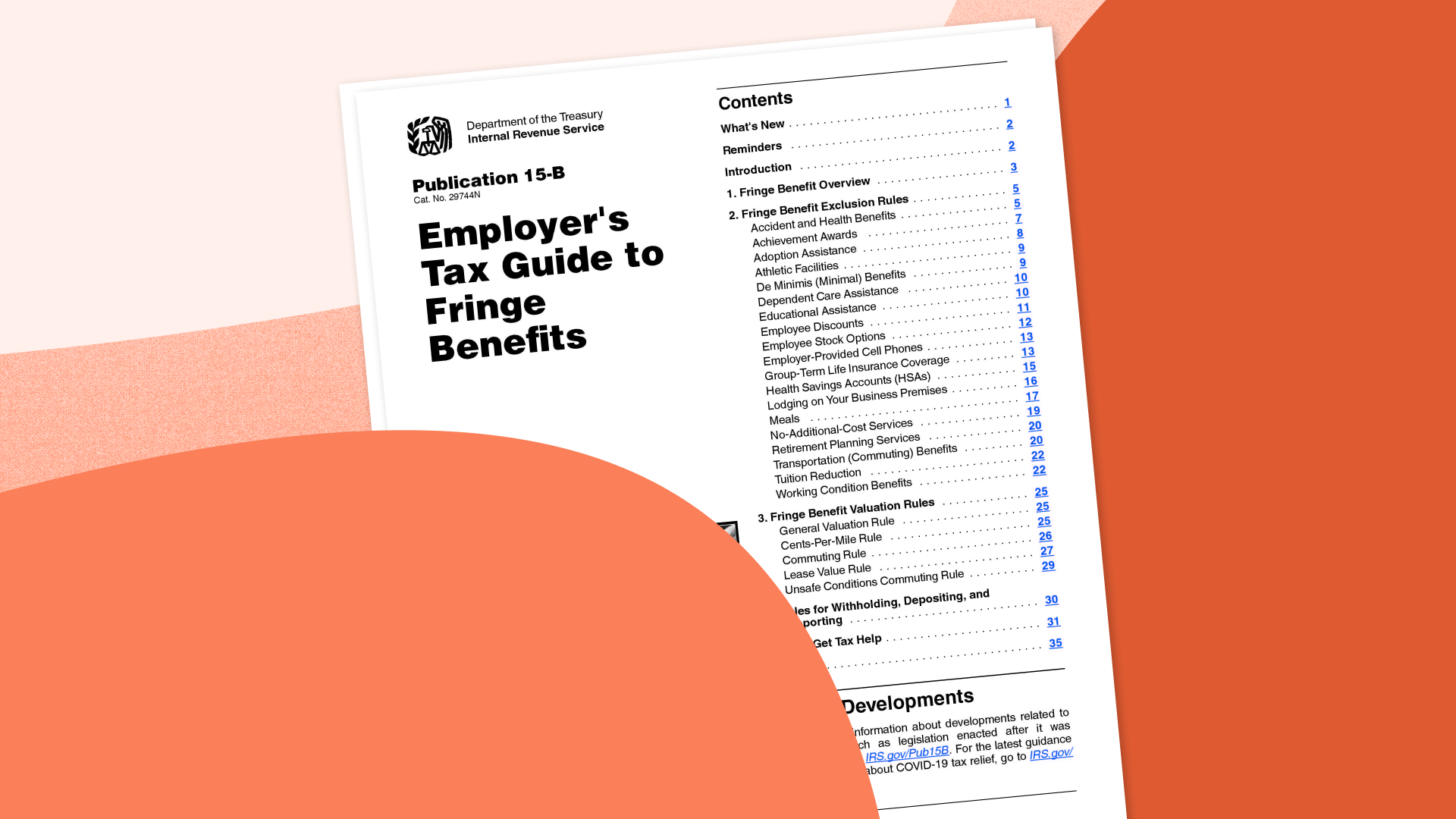What is Off-Cycle Payroll?
Why is Off-Cycle Payroll Important?
How to Effectively Manage Off-Cycle Payroll
How Justworks Can Help
If you’re an employer, you probably know that payroll processing is an aspect of any business — it ensures that employees are paid accurately and on time. However, there may come a day when an employee needs to be paid outside of the regular payroll schedule. This is where off-cycle payroll comes into play. Here, we’ll explain what off-cycle payroll is and how to manage it effectively.
What is Off-Cycle Payroll?
When we talk about off-cycle payroll, we’re referring to the process of paying an employee outside of the regular payroll schedule. This could be due to reasons like a missed payment, a bonus or commission, or a one-time payment. Whatever the reason, employers will likely have to process off-cycle payments at some point.
One thing that’s important to note is that off-cycle payroll isn’t the same as an unscheduled payroll. An unscheduled payroll occurs when there is an error in the regular payroll process.
Why is Off-Cycle Payroll Important?
Now that we know what off-cycle payroll is, let’s look at why it’s an important tool for employers. For one, employees may join a company outside the regular payroll schedule but still need to be paid for the days they’ve worked. Another instance is when an employee takes a leave of absence — they might need to be paid for the time they were away. Off-cycle payroll also allows for timely payment of supplemental income (think bonuses or commissions).
Some common types of off-cycle payments include:
Missed payments: Off-cycle payments might occur when an employee's regular payment is missed due to an error in the regular payroll process. In cases like these, the missed payment is processed outside of the regular payroll schedule.
Expense reimbursements: Off-cycle payments might be made when employers need to reimburse employees who’ve spent their own money for work-related expenses. This situation often happens when employees need to travel for work.
Bonuses and commissions: Off-cycle payments can also include bonuses or commissions paid to employees outside of their regular salary. While employees often rely on commissions as part of their expected salary, bonus payments can be made as a reward for exceptional performance or an incentive to motivate employees.
One-time payments: Off-cycle payments might be made for one-time events, like when an employee is owed back pay or a retroactive salary adjustment. A one-time off-cycle payment might also be made if an employee is leaving the company and has unused vacation days they need to be compensated for. Employers might also issue one-time off-cycle payments for vendors and independent contractors.
How to Effectively Manage Off-Cycle Payroll
As an employer, managing off-cycle payroll can be a complex and time-consuming process — but it doesn’t have to be. With the right strategies, making off-cycle payments can be streamlined and efficient. Check out our tips for effectively managing off-cycle payroll.
1. Have a Clear Policy in Place
It’s important to have a clear policy in place for off-cycle payroll. Your policy should outline the circumstances in which off-cycle payroll will be processed, the timeline for submitting requests, and the approval process required. By having a clear policy, employers can help ensure consistency and avoid potential confusion or disputes.
2. Use a Reliable Payroll Processing System
It may sound obvious, but finding a reliable payroll provider can really simplify the off-cycle payroll process. The payroll processing options available today allow for things like benefits deductions, multiple pay rates, and W-2 and 1099 generation, all of which save employers time (and the headaches that come with processing payroll). These helpful systems enable easier tracking and processing of off-cycle payments, but that’s not all — they can also provide accurate and detailed records for tax purposes.
3. Communicate Effectively with Employees
When it comes to off-cycle payroll, effective communication with employees is crucial. Employees should be informed of the off-cycle payment process and any changes that might occur to their regular payroll schedule. By proactively communicating with employees, employers can help avoid any misunderstandings or concerns.
4. Keep Accurate Records
Keeping accurate records of all off-cycle payments is one of the most important parts of managing off-cycle payroll. Records should include details like the reason for the payment, the amount, and the date it was processed. Not only will these records be necessary for tax purposes, but they can also help identify any patterns or issues that may arise over time.
Off-cycle payroll is an important aspect of payroll processing that enables timely and accurate payment of employees. By understanding what off-cycle payroll is and how to effectively manage it, employers can help ensure a smooth and efficient payroll process.
How Justworks Can Help
If you’re looking for a payroll processing system for your business, Justworks has your back. With Justworks Payroll, off-cycle payments are just as easy to process as regular payments. You can automate payments and withholdings, and access year-end W-2 and 1099 tax forms with a few clicks. With reporting features, integrations, and support from real people, Justworks Payroll empowers you to run your business with confidence. Get started today.
Learn more with Justworks’ Resources
Scale your business and build your team — no matter which way it grows. Access the tools, perks, and resources to help you stay compliant and grow in all 50 states.







